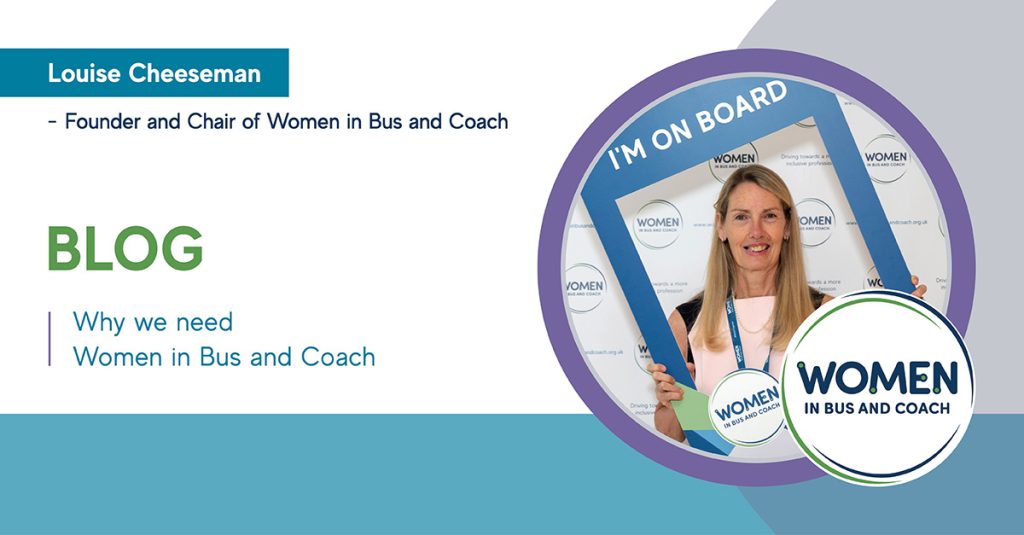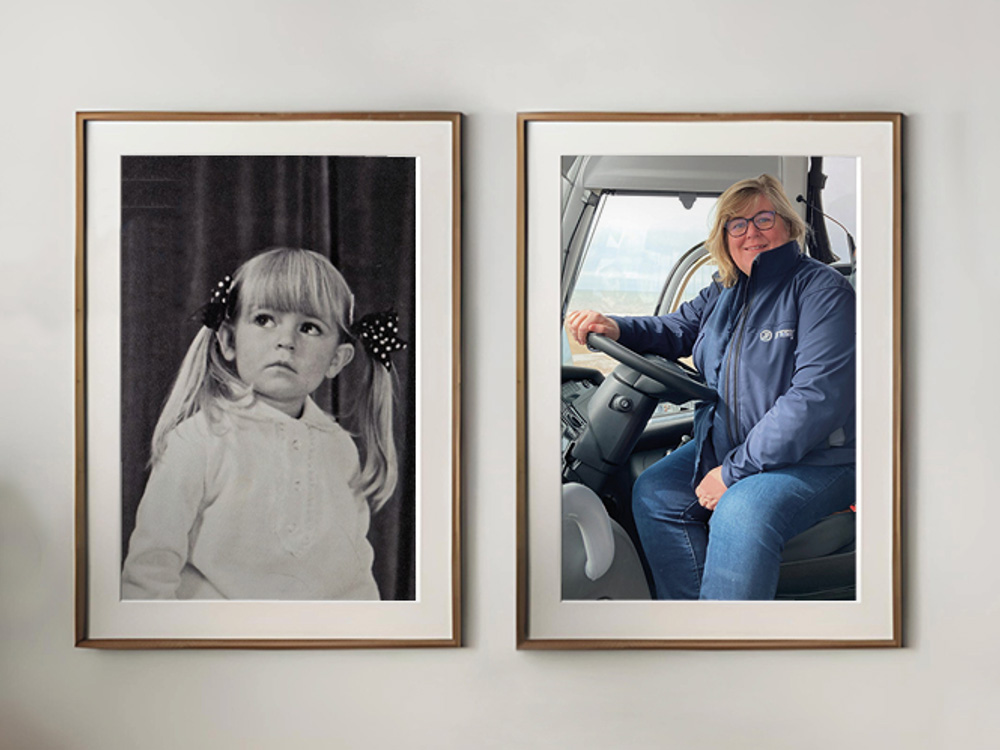I often get asked, why is there a need for Women in Bus and Coach, so I thought I would share a speech I recently gave (23/5/24) at the ‘Transport Talking Aloud’ event at the Carmen Hall in London, organised by The Worshipful Company Of Carmen Hall.
Founded in 1517, The Worshipful Company Of Carmen Hall is the world’s oldest transport organisation, the Company is one of the most progressive Livery companies in the City of London, with a new Hall in an old Fleet Street building, delivering transport education for public benefit.
Today’s Carmen are bound together by fellowship, by charitable giving, by support for the armed forces and by service to the City of London, the transport industry and to the wider community.
It feels very strange saying this, but I recently retired from Transport for London as Director of Bus. It only feels like yesterday that I was walking out of the school gates for the last time!
I thought I would like to take this opportunity in my capacity as founder and current chair of Women in Bus and Coach (WiBC) on why it is still necessary to have such a group in 2024…sad I know.
As has been well documented, my career journey has been slightly different to many senior transport professionals. I left school at 16 with few qualifications, became a single mother of two daughters by the age of 23 and joined the railway as a guard at the age of 40 to pay for my daughters to go to university. That is the abridged version, but what my experience in the transport industry has taught me is what it feels like to be a woman in a man’s world at all levels.
The only female guard in a rail depot.
The only female managing director of a rail operating company.
The extremes of sitting in mess rooms full of men and sitting around a board room table as the only woman.
Being asked for a coffee, white with no sugar at a conference – having to subtly look down at my name badge to point out I was a director (I still walked to the coffee table with the guy, and we had a laugh).
Being expected to do the minutes at meetings as the only woman in the room.
Even in my most recent role, the eight-bus operator MD’s delivering bus services for TFL, all white all male and middle aged.
In a world that constantly strives for inclusivity and gender equality, the transportation sector remains a stronghold of gender imbalance. The bus and coach industry, in particular, has long been dominated by male professionals, leaving women underrepresented in key roles.
Two interesting statistics that you may not be aware of,
- 91% of bus drivers in the UK are men.
- the average age of a bus driver is currently 52.
To challenge this status quo and bring about a much-needed shift in attitudes, Women in Bus and Coach has emerged as a powerful force, one which is quickly being recognised for its ambition to make recognisable positive change.
I would like to share with you some of the compelling reasons behind the pressing need for such initiatives to transform the landscape of the bus and coach profession.
1. Overcoming Stereotypes:
One of the primary reasons for the establishment of Women in Bus and Coach is the need to challenge and overcome deep-seated gender stereotypes that have plagued the industry. Traditionally perceived as male-dominated, these stereotypes have discouraged women from pursuing careers in bus and coach transportation. By actively promoting the inclusion of women in the industry, WiBC aims to break down these stereotypes, paving the way for a more diverse and inclusive workforce.
2. Addressing the Gender Gap:
The gender gap in the bus and coach sector is glaring, with a disproportionately low number of women occupying leadership and operational roles. Women in Bus and Coach recognises the urgent need to bridge this gap by providing support, mentorship, and opportunities for women to enter and advance within the industry. By doing so, WiBC not only promotes equality but also ensures a richer pool of talent and perspectives, contributing to the overall success and innovation within the profession.
3. Fostering a Supportive Community:
Initiatives like WiBC play a crucial role in fostering a supportive community for women working in the bus and coach sector. This sense of community is essential for combating the isolation that women may feel in male-dominated environments. Through networking events, mentorship programs, and online forums, WiBC creates a platform for women to connect, share experiences, and support each other, ultimately empowering them to thrive in their careers.
4. Attracting and Retaining Talent:
To meet the growing demand for skilled professionals in the bus and coach industry, it is imperative to tap into the full spectrum of talent available. Women in Bus and Coach recognises that attracting and retaining female talent is essential for the industry’s sustainable growth. By actively engaging with women at various stages of their careers, WiBC ensures that the sector becomes an attractive and viable option for talented individuals, regardless of gender.
5. Improving Industry Reputation:
A diverse and inclusive workforce not only benefits individuals but also enhances the overall reputation of the industry. Women in Bus and Coach is instrumental in improving the industry’s image by showcasing its commitment to equality and diversity. This, in turn, can attract positive attention from potential employees, passengers, and stakeholders, fostering a more favourable perception of the bus and coach profession.
6. Enhancing Safety and Customer Experience:
Diverse perspectives lead to better decision-making and problem-solving. In the bus and coach industry, where safety is paramount, having a range of voices and viewpoints can contribute to more robust safety protocols and practices. Moreover, as women often make up a significant portion of public transportation users, having female professionals in key roles can enhance the overall customer experience by understanding and addressing the unique needs and concerns of diverse passenger demographics.
7. Aligning with Global Initiatives:
Women in Bus and Coach aligns with broader global efforts to promote gender equality in the workforce. As organisations worldwide recognize the importance of diversity and inclusion, initiatives like WiBC become crucial catalysts for change. By participating in and supporting such initiatives, the bus, coach and community industry can position itself as a progressive and forward-thinking sector, contributing to the larger movement towards gender equity.
Women in Bus and Coach stands as a beacon of change in an industry long dominated by gender stereotypes and imbalances. By addressing the root causes of these issues and actively promoting the inclusion of women at all levels, WiBC not only transforms the bus, coach and community transport profession but also contributes to a more equitable and diverse future for the broader workforce. As the initiative continues to gain momentum, it serves as a powerful reminder that a truly successful and sustainable industry is one that embraces the talents and perspectives of all, irrespective of gender.
As anybody that knows me well will testify, my mantra is, and always will be #bettertogether, which applies to every industry, but in particular road passenger transport which has so much work to do to address the critical imbalance.


